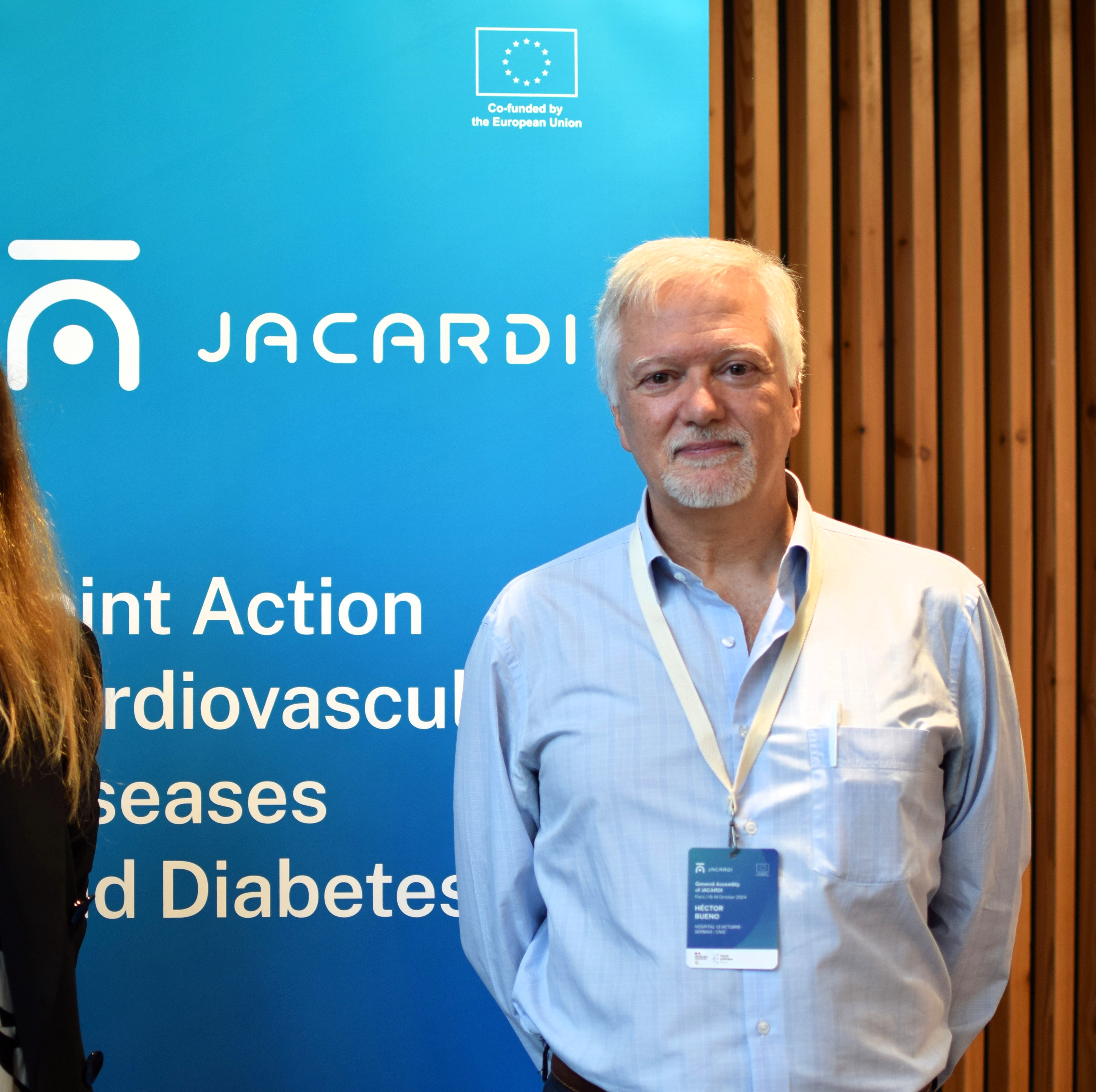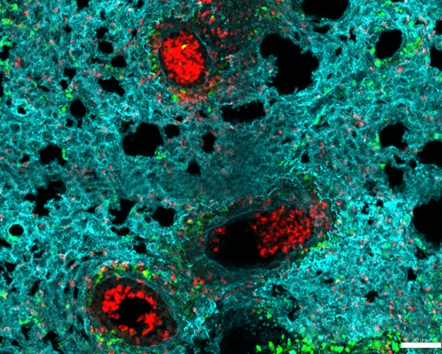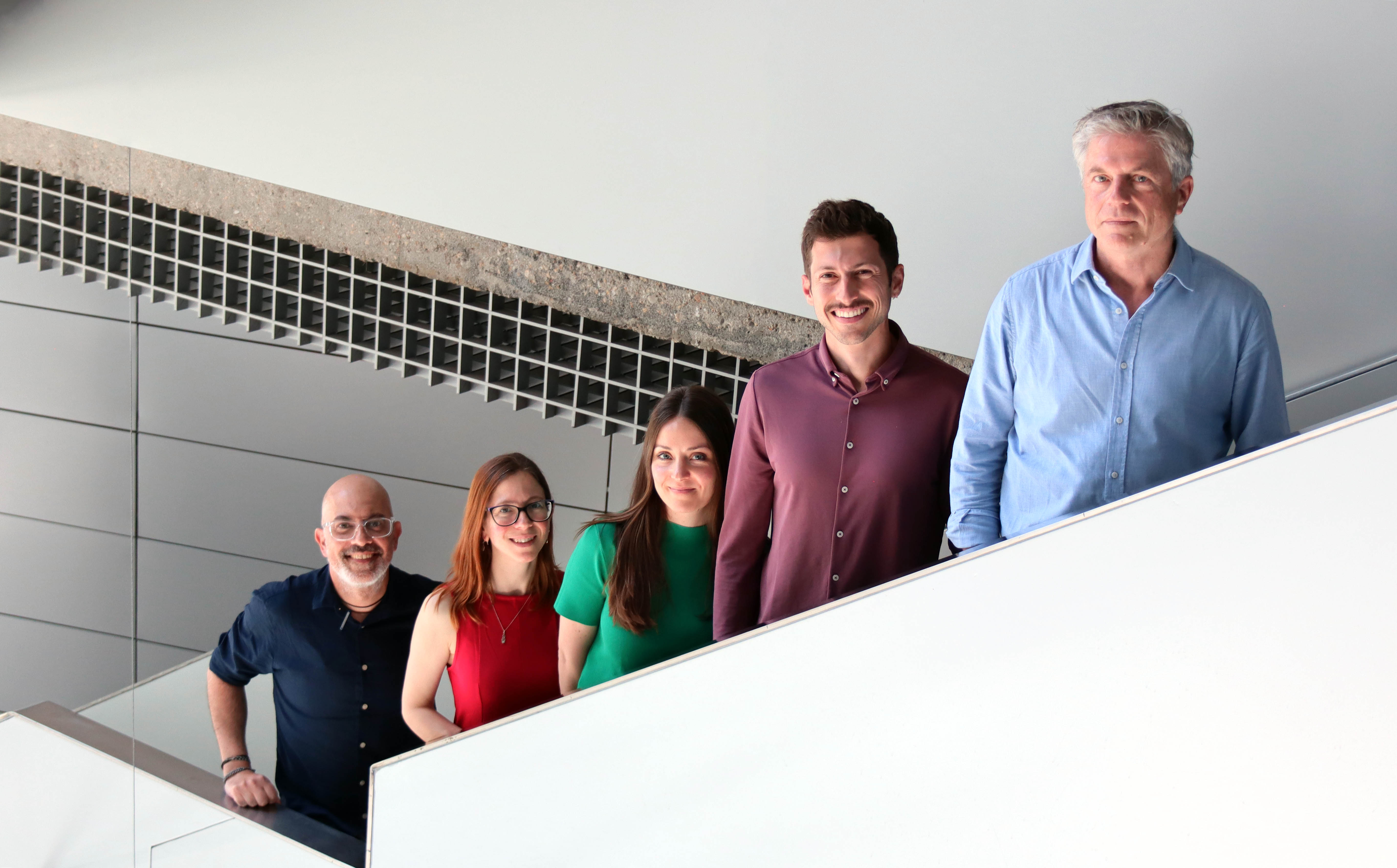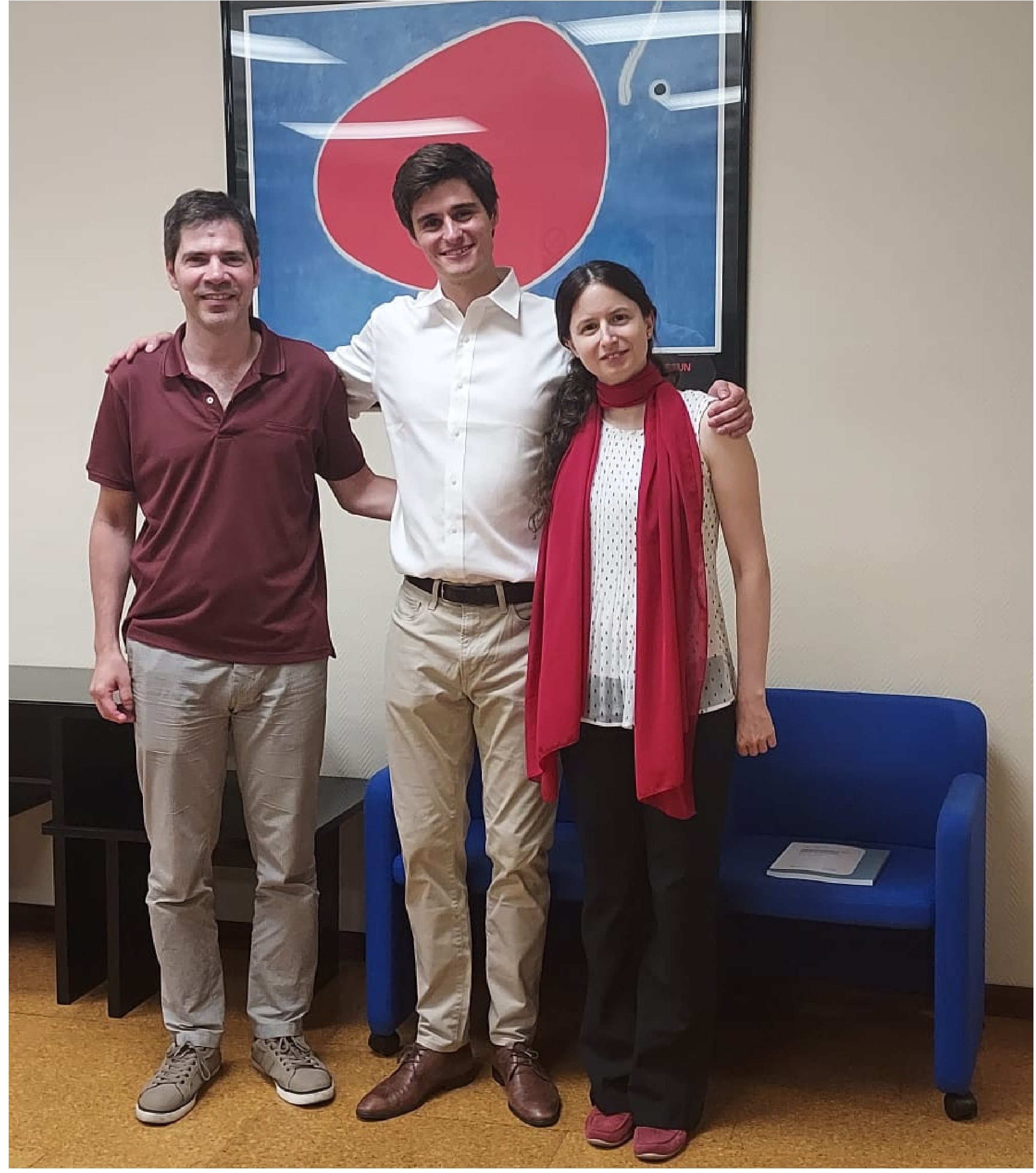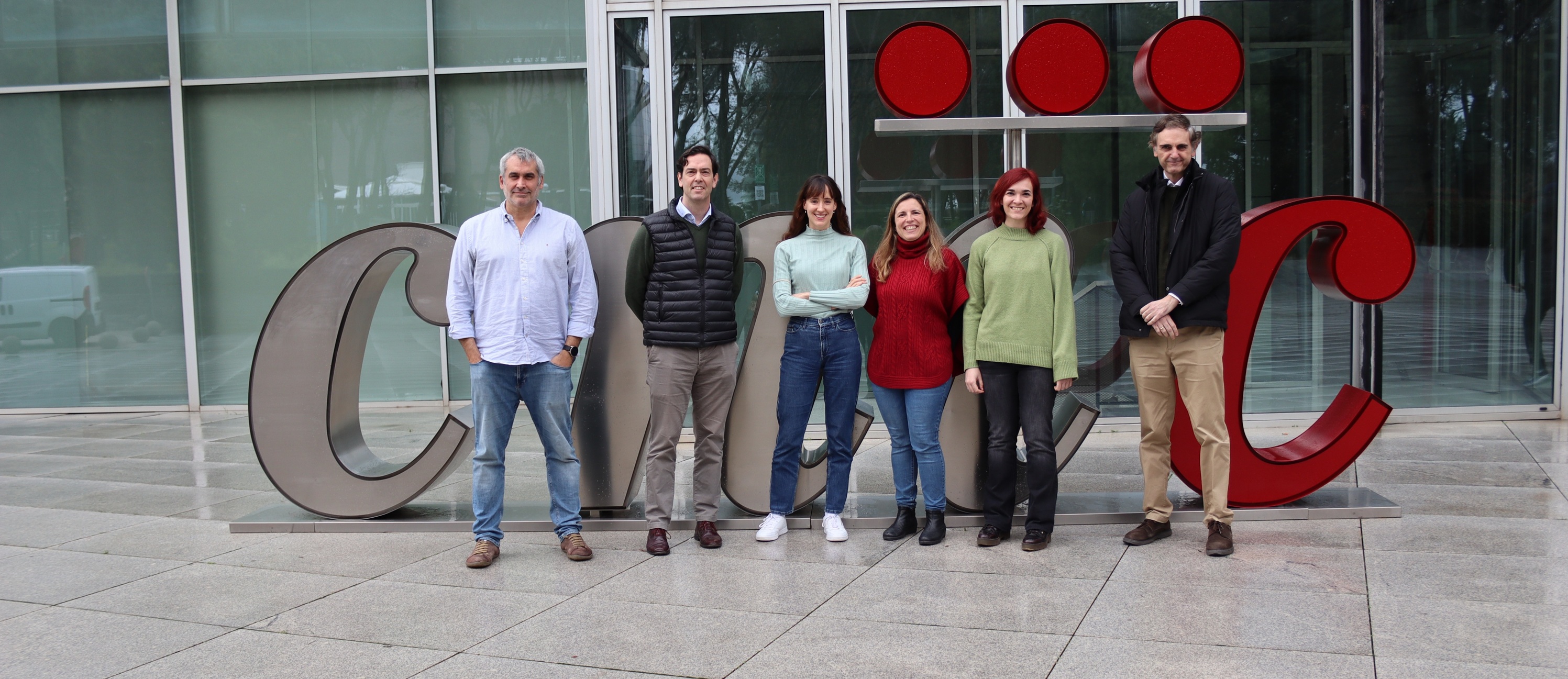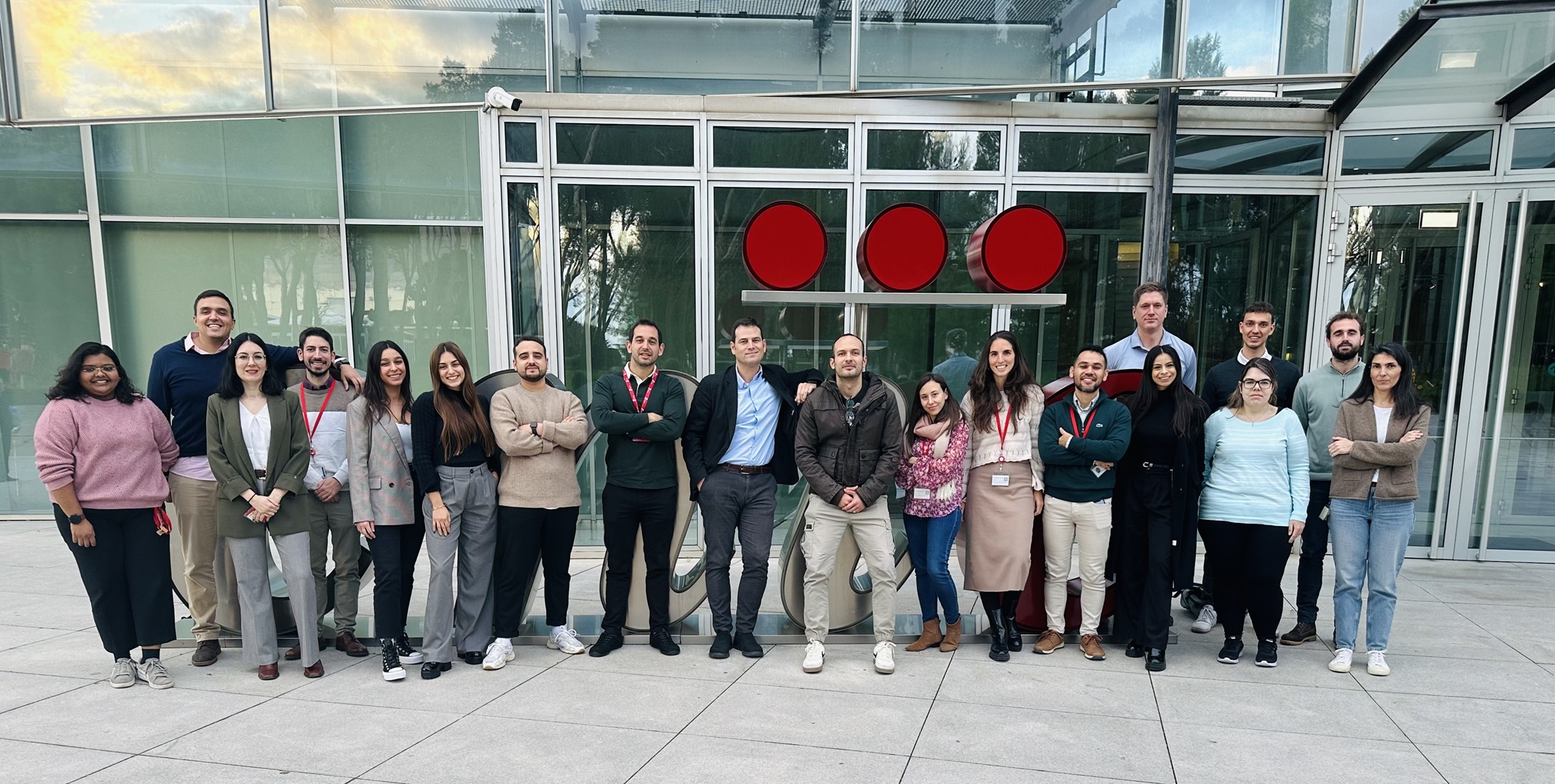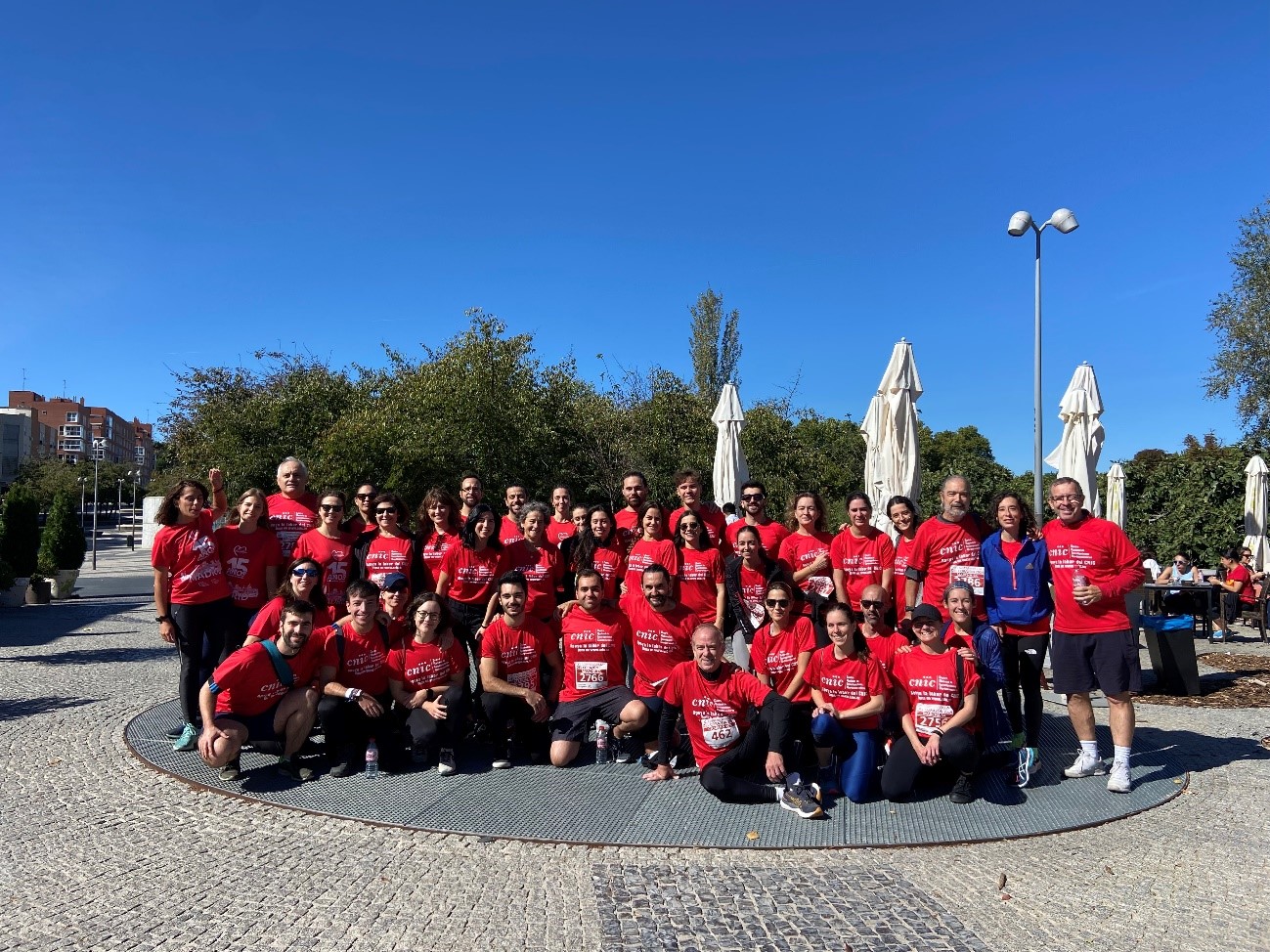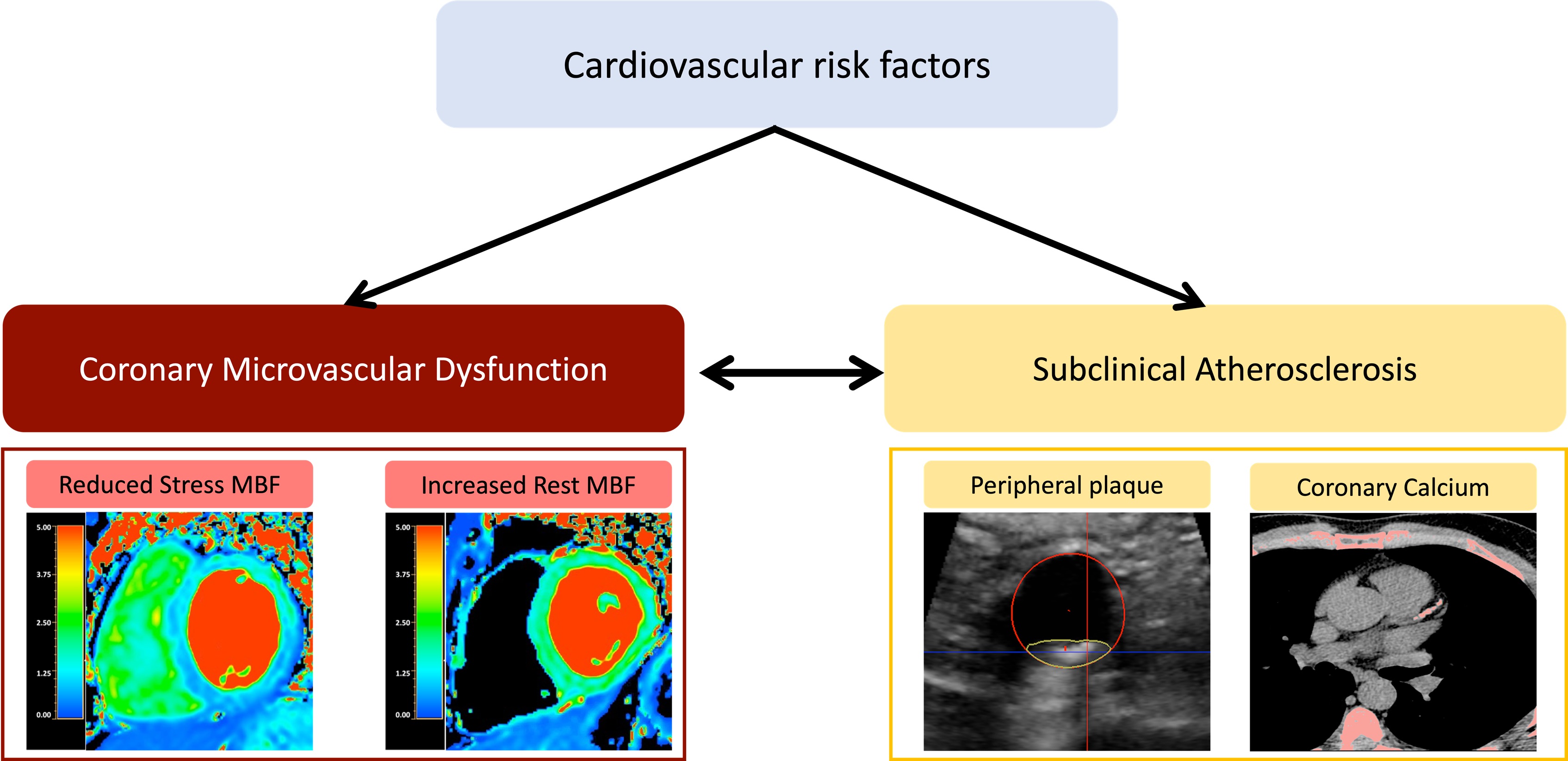News search
|
Research 2 Feb 2026 A team from the CNIC and Hospital Clínico Universitario de Valladolid has developed a minimally invasive, catheter-based procedure to treat defective mechanical aortic valves |
|
Research 20 Jan 2026 Circulation Research: The body’s internal clock influences stroke severity and response to treatment The study, published in Circulation Research, reveals that neutrophils—key immune cells—change their behavior in line with circadian rhythms, affecting cerebral perfusion and collateral circulation |
|
About the CNIC 15 Dec 2025 A new policy paper highlights key areas for advancing data-driven policymaking to curb the rising burden of non-communicable diseases (NCDs), setting the stage for a more effective and equitable healthcare in Europe |
|
Research 2 Dec 2025 An international team has published NeuMap, the first atlas to reveal the global architecture of neutrophils, showing how this “first line of defense” reorganizes to protect, remember, and heal. |
|
Research 29 May 2025 CNIC researchers have discovered that the heart is formed from two independent cell types that act in synchrony from the onset of gastrulation. This finding could help to better understand the origin of certain congenital heart defects and open up new opportunities in regenerative medicine and tissue bioengineering. |
|
Research 14 Apr 2025 A study led by the Centro Nacional de Investigaciones Cardiovasculares Carlos III (CNIC), in collaboration with the Instituto de Investigación Biomédica de Barcelona (IRB Barcelona), has identified the most effective subtype of dendritic cell for generating immune memory in response to cancer |
|
Research 9 Apr 2025 A CNIC team has developed an innovative gene therapy strategy for arrhythmogenic right ventricular cardiomyopathy type 5 (ARVC5), a rare and deadly inherited condition that particularly affects young men |
|
Research 4 Feb 2025 The study, published in JACC: CardioOncology, shows that administration of the SGLT2 inhibitor empagliflozin to pigs receiving anthracyclines preserves mitochondrial function, improves myocardial energetics, and prevents degenerative changes in heart structure |
|
Research 19 Sep 2024 A study from CNIC reveals how risk factors and subclinical atherosclerosis affect heart microcirculation in asymptomatic middle-aged individuals. The research, published in JACC: Cardiovascular Imaging, highlights the importance of assessing the heart vessels' ability to regulate blood flow and predict future cardiovascular risk |
- 1 of 5
- next ›


